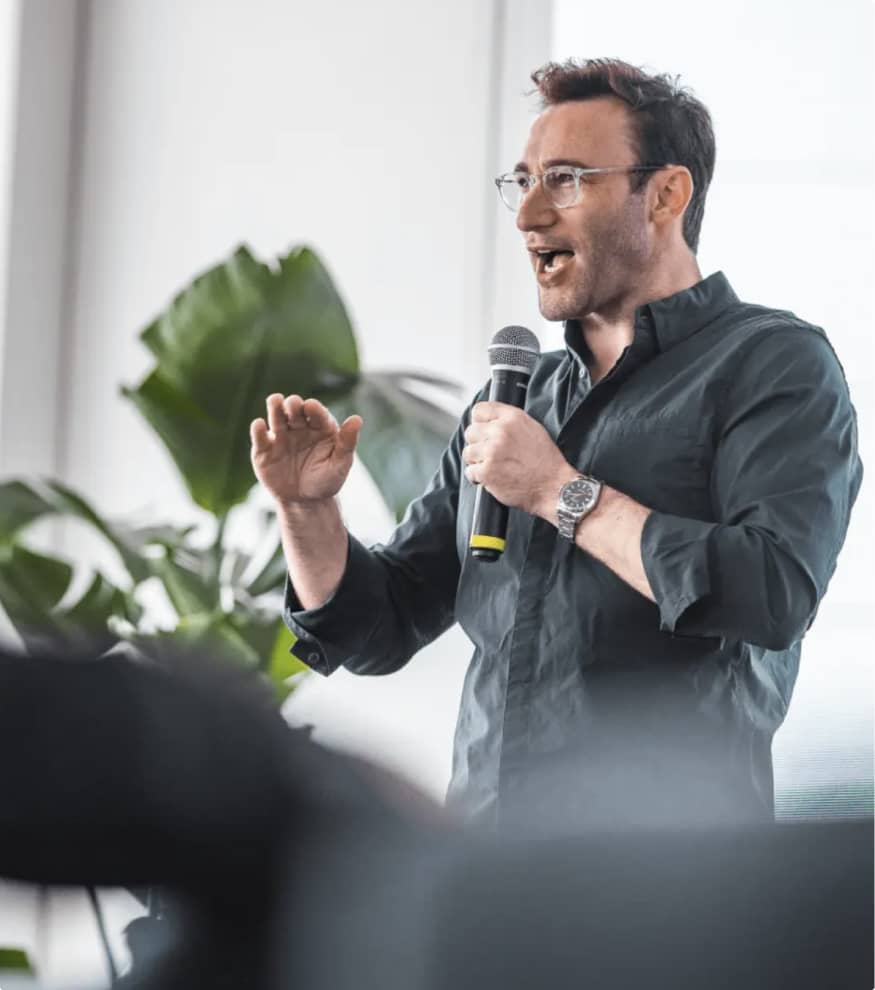We’d all prefer a friendlier internet—one that builds connections, fosters understanding, and makes us feel a little better about the world.
But (no shocker here) today’s hyper-connected world doesn’t always feel so rosy. In fact, it can sometimes feel downright toxic. Here’s the good news, though: According to some insights from organizational psychologist Adam Grant, most of the negativity we encounter on social media comes from a shockingly small percentage of users.
Read on to discover some reasons to stay optimistic about today’s social media landscape—along with a few ways we can all make a positive difference.
The Minority That Makes the Majority of Noise
Here are two eye-opening statistics from study just published in the academic journal Current Opinion in Psychology:
-
Just 3% of active users on social media are considered toxic, yet they generate 33% of online content.
-
Only 1% of online communities are responsible for launching 74% of online conflicts, and a mere 0.1% of users spread 80% of the fake news.
Startling, right? The negativity we encounter is often the work of a small but highly active group of users.
For the majority of people who log in to connect, learn, and be entertained, this vocal minority can create a disproportionate sense of discord. Because they generate so much content and incite so much interaction, it can feel as though their views and behaviors are the norm rather than the exception.
Why Are Negative Voices So Prominent?
There are several reasons why the most toxic voices on social media tend to dominate the conversation:
1. Algorithm Bias
Social media platforms are designed to maximize engagement, and studies have shown that people are more likely to engage with posts that evoke strong emotions—particularly anger. As a result, algorithms often prioritize controversial or inflammatory content, making toxic voices more visible. This strategy has most recently started to be coined as “Rage-Bait”.
2. Human Bias Toward Negativity
Our brains are wired to pay more attention to negative information, a trait that likely evolved to help our ancestors survive. However, this negativity bias can backfire on social media, where we’re constantly bombarded with information. Negative posts stand out and are more likely to stick in our minds, leading us to feel that they represent the majority opinion.
3. Echo Chambers:
Toxic users tend to find each other and congregate in like-minded groups, creating echo chambers that amplify their views. Within these spaces, extreme opinions become more normalized and members are emboldened to spread their beliefs, often fueling conflict and misinformation on a larger scale.
How This Skews Our View of Humanity
When a small but loud group dominates the conversation, it can have a profound impact on how we view the world and each other. Constant exposure to negative content can lead us to believe that humanity is more divided, hostile, and selfish than it really is. This perception can affect our mental health, making us feel anxious, cynical, or even hopeless.
Research shows that social media can impact our self-esteem and our relationships, especially if we internalize the negativity we see online. When we start to believe that toxicity is the norm, it’s easy to feel disillusioned and disconnected, even though the majority of users are positive, supportive, and constructive.
What Can We Do About It?
While we may not have control over social media algorithms, we can take steps to ensure that our own experience is healthier and more balanced. Here are some practical strategies:
1. Curate Your Feed:
Be intentional about who you follow. Seek out accounts that focus on content that inspires you, educates you, and makes you feel good. Following creators who align with your values can help you create a more positive outlook on life as well as your feed.
2. Engage Wisely:
Remember how we mentioned the term “Rage-Bait”? Well it’s just that– bait. And we suggest you don’t take it. Avoid engaging with toxic content or users. Even negative interactions, such as arguing in comments, can inadvertently boost their reach. Choose to support and engage with positive content instead.
3. Report and Mute:
Most platforms offer tools to report or mute users who spread negativity or misinformation. Use these tools to filter out toxic content and create a safer digital environment for yourself.
4. Be Mindful of Your Own Impact:
Each of us has the power to contribute to a more positive social media space. By sharing authentic, thoughtful, and supportive content, we can help counterbalance the negativity and show that there is more to humanity than what the vocal minority might portray.









